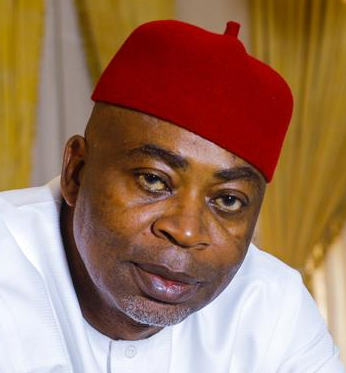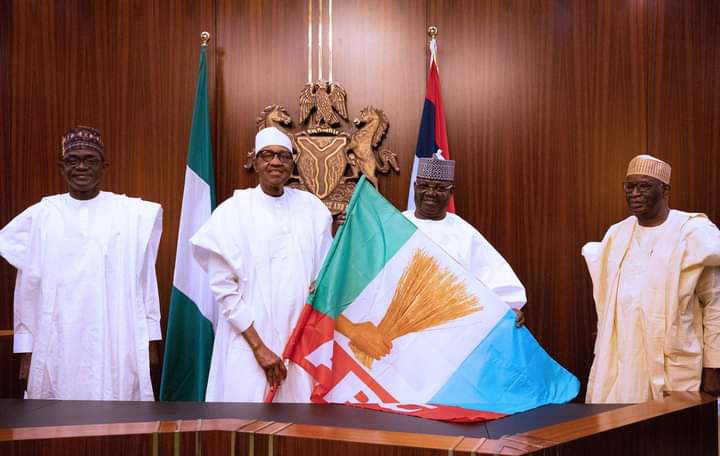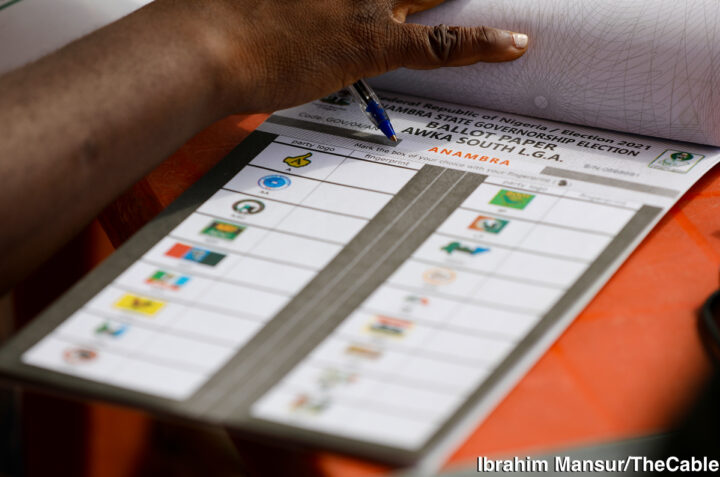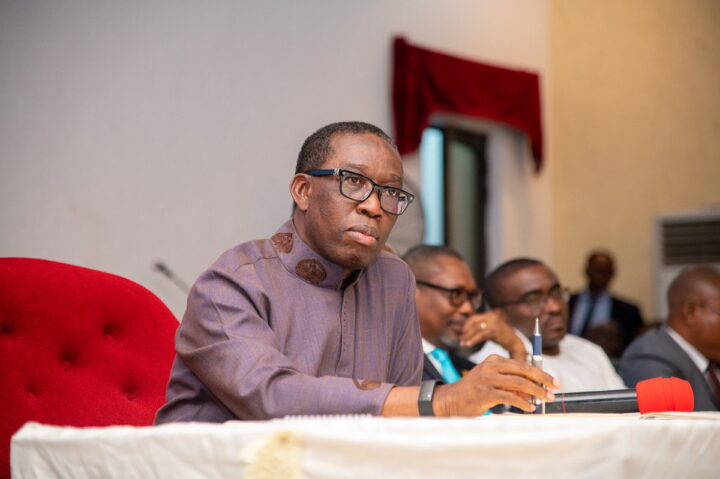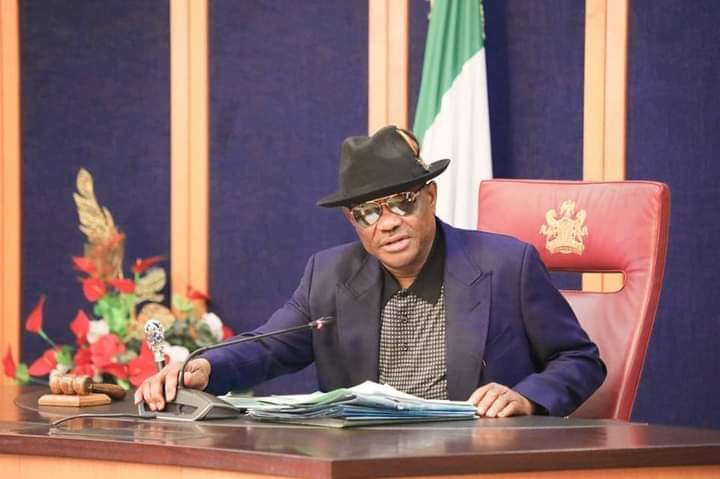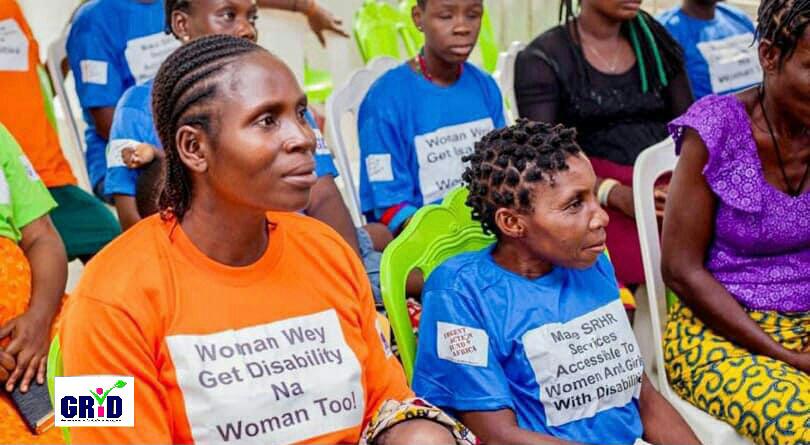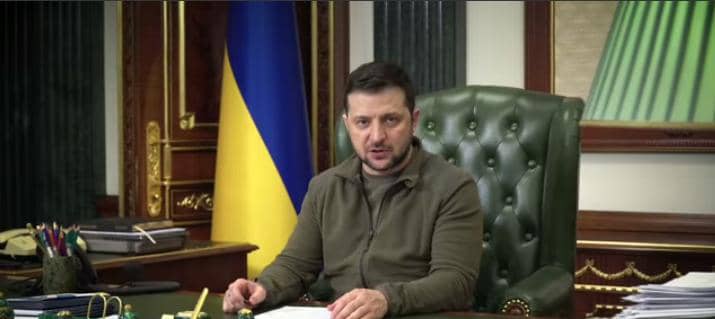On May 29, 2015, TheCable online newspaper catalogued the 81 promises with which the All Progressives Congress (APC) wooed Nigerians ahead of the 2015 presidential election. Nigerians were given postdated cheques that APC was ab initio aware would bounce.
However, time crystalises everything. Had the APC not come to power, albeit on the strength of their “Change” propaganda, they would have probably remained the best government Nigeria never had. But today, they have unravelled. Evidently, APC was empanelled to capture power but lacked the capacity to govern. Virtually seven years after they grabbed power, Nigeria is at crossroads, as the ruling party has exhibited manifest contradictions in all facets of our life. Nigeria has become a laboratory of the absurd, experiencing chaotic and combustible economic, security, and social services conditions.
Perhaps, nothing exposes APC’s hypocrisy better than the chaotic energy situation sufficiently manifest in the multiple collapses of the national grid; disjointed subsidy regime evident in the import of toxic fuel and the interminable fuel queues across the country; the pyric rescue of a collapsed aviation sector by the national assembly; and the dysfunction of the railway sector where trains break down in the middle of nowhere, leaving stranded citizens at the mercy of marauding bandits.
From serially declaring fuel subsidy as “sheer fraud and corruption” before they came to power to ‘baptising’ it as under-recovery, the APC has presently made a volte-face on fuel subsidy removal, demanding over N3 trillion for the purpose to continue with the same “sheer fraud and corruption”. It is an evident lack of capacity by a government to confront the ghost of its deceptive past.
Advertisement
Prior to 2015, the APC claimed that 30 million litres daily fuel consumption during the Goodluck Jonathan administration was fraudulent, but under the APC government, Nigeria claims to consume over 100 million litres of fuel daily, with little or no certainty of statistics regarding Nigeria’s needs. Even after the minister of state for petroleum resources, Timipre Sylva, recently described it as “crazy figures”, the bazaar continues with the comedy of errors and corruption.
Nigerians will not forget in a hurry that the APC met the refineries working at what they admittedly described as “minimal capacity”. But we were meeting a bit of our daily needs. Today, they have run the refineries aground, completely. Not only have they been unable to fix the refineries for nearly seven years or build new ones as promised, but they have also jeopardised the chances of doing so. Despite awarding a contract of $1.5 billion in March 2021 (about N575 billion at the time) to fix the Port Harcourt Refinery, they are unable to deliver a litre of refined products. Yet the refineries recorded a whooping N10.27 billion in “operational expenses” in 2020 for producing nothing. And instead of fixing our refineries; instead of withdrawing subsidies to apply it to the capital development of the country and freeing us from loan burdens, they have destroyed our economy by throwing money at problems yet again.
Furthermore, the party that promised cohesion and new direction for Nigeria has been enmeshed in intractable crisis and unable to constitute, since inception in 2013, a board of trustees as stated by their party’s constitution. While the Independent National Electoral Commission (INEC) is issuing guidelines for the 2023 election, deservedly nicknamed the “All Progressives Confusion” by the prolific Mahmud Jega, is in crisis as always. Laden with caretaker committees, their attempts at organising congresses has snowballed into numerous factional chairmen and multiple lawsuits in almost all the states. Unfortunately for Nigeria, it is this interminable crisis that they have constantly imported into our national life. They have been unable to manage themselves, let alone manage a vast nation like Nigeria.
Advertisement
There is complete disarticulation in their government marked by flip-flops on policies. Citizens have been treated to theatres of the absurd, as government functionaries engage themselves in street fights – governors against governors, ministers against ministers, cabals against cabals, leaders against leaders while government agencies drag one another to court. Nigeria has never had it this bad.
Even long after the APC would have been gone, Nigerians will live with their stockpiled debts, which are never borrowed based on any reliable projected direction, but on an ad hoc arrangement. Nigeria’s debt stock has shut up from N12.1 trillion inherited by President Muhammadu Buhari’s administration on May 29, 2015, to N38.005 trillion by the end of September 2021. A whopping N2.540 trillion of the debt burden was recorded between June and September 2021 alone. According to FG’s National Development Plan 2021-2025, the federal government hopes to push its public debt stock to N50.22 trillion by 2023, with domestic debt standing at N28.75 trillion and external debt at N21.47 trillion. Only recently, the minister of transportation, Rotimi Amaechi, blamed the delay in completing some major projects, including railway projects on the paucity of funds occasioned by the stoppage of funding by China. “We are stuck with lots of our projects because we cannot get money. The Chinese are no longer funding. So, we are now pursuing money in Europe”. Who would blame China?
APC constitutes a clear and present danger to the Nigerian economy, as no sector of the country is working. Their economic strategy appears to be limited to borrowing and taxing citizens and businesses to death. Just before ex-President Jonathan handed over, Nigeria was Africa’s biggest economy, the country was equally projected by CNNMoney to be the third fastest-growing economy in the world after China and Qatar. But in May 2016, about a year after they captured power, the National Bureau of Statistics reported that the Nigerian economy had shrunk to its lowest in 25 years. While Zenith Bank, FCMB, and Ecobank laid off 1,200 staff, 700 staff, and 50% of its top management staff, respectively within a year of APC coming to power, the Abuja Chamber of Commerce reported that over 50,000 Nigerians had lost their jobs in Abuja alone.
The job losses have since worsened. Rather than blame the divestments from Nigeria by notable multinational businesses on government’s impulsive policies, reckless statements and de-marketing of Nigeria by the President himself, the needless six-month delay in constituting a cabinet, thoughtless policies on foreign exchange that triggered a panic in the system, the APC were busy blaming their ineptitude on 16 years of the PDP.
Advertisement
Even the promissory note of $1 to N1 exchange advanced to Nigeria during the 2015 campaigns has metamorphosed to $1 to nearly N600. In addition, while the APC is busy celebrating wood-inflated rice pyramids, Nigerians are piling away in hunger and destitution, ejected from their farms by insecurity. They closed the borders for over a year for no good reason, and reopened it for no reason, as they achieved nothing. Smuggling thrives and our borders have never been this leaky, while cross-border crimes and arms importation going on arbitrarily and unchecked.
Even worse, the APC for the past six years has been operating a government of revenge. They are not building national unity nor are they interested in the profitable management of our diversities. They have weaponised government against their own citizens to the point that for the first time in our history, all the geopolitical zones are simultaneously engulfed in one major crisis or the other: Boko Haram in the north-east, banditry and terrorism in the north-west and north-central; kidnapping, ritual killings, abductions, and separatist movements in the south-west; separatism, restiveness, and sit-at-home in the south-east.
In a report released in February 2022, SBM Intelligence, a socioeconomic research firm, put media-reported killings in Nigeria in the last quarter of 2021 at 2,085 persons. This figure, according to SMB Intelligence, brings to 10,366 the number of persons killed in violent incidents, including attacks from Boko Haram, militia herdsmen, abductions, gang clashes and terrorists in 2021. The 10,366 deaths represent a 47% increase in media reported killings when compared to 7,063 fatalities in 2020 to 10,366 in 2021. Add the downing of Nigeria’s fighter jets in the north-west and the “missing” fighter jet in Borno state in 2021, the mass kidnappings, the control and governance of parts of Nigerian spaces by insurgents and bandits, and the number of schools either destroyed or closed due to the activities of uninhibited criminal cartels, then it can be unarguably be concluded that the APC has plunged a whole country into the ocean like a drunk pilot. You would wonder where all the billions of dollars approved for arms purchase and security for the government have gone to.
Meanwhile, it is in this government that the auditor-general of the federation is reporting that 178,459 arms and ammunitions are missing, among them over 88,078 AK-47 rifles and 3,907 assorted rifles and pistols from the police armoury. The essence of government comes within the realms of the Leviathan principle, which vests legitimate coercive powers in the government alone, while the people donate parts of their liberties to the state in exchange for protection. But the state’s monopoly of Leviathan or legitimate coercive power has been badly diminished and even compromised. In fact, the government is on ‘AWOL’. It is only such contradiction that will make a chief security officer of a state – the governor – negotiate with arms-slinging bandits.
Advertisement
It is noteworthy that Nigeria has faltered on Transparency International’s Corruption Perception Index for a second consecutive year. In the latest report (2021), Nigeria scored 24 out of 100 points, and ranked 154 out of 180 countries surveyed, thus slipping five places from the rank of 149 in 2020 placing as the second most corrupt country in West Africa. Nigeria had earlier dropped from 26th place in 2019 to 25th in the 2020 assessment.
It took the interventions of the house of representatives for the so-called palliatives and social interventions to get to a fraction of Nigerians. For the past six years, they have voted N500 billion annually for the poor. This comes to N3 trillion. But when directed by parliament to publish names of beneficiaries, they disingenuously claimed the beneficiaries would be unhappy to be identified by the public as poor.
Advertisement
In fact, like everything else, our health sector has collapsed as their leaders embark on medical tourism, while Nigerians remain as trapped victims of APC’s delinquent leadership. Lately, the universities and polytechnics have also been shut.
Indeed, the jury is out: APC is irredeemably delinquent; it is a palpably dysfunctional organisation, monumentally incapable of redeeming itself, let alone rescuing our nation. Going forward, Nigerians must employ a better sense of judgement to ensure an APC sunset in 2023.
Advertisement
Okechukwu, a lawyer and policy scholar is deputy minority leader of the house of representatives
Advertisement
Views expressed by contributors are strictly personal and not of TheCable.
Add a comment
